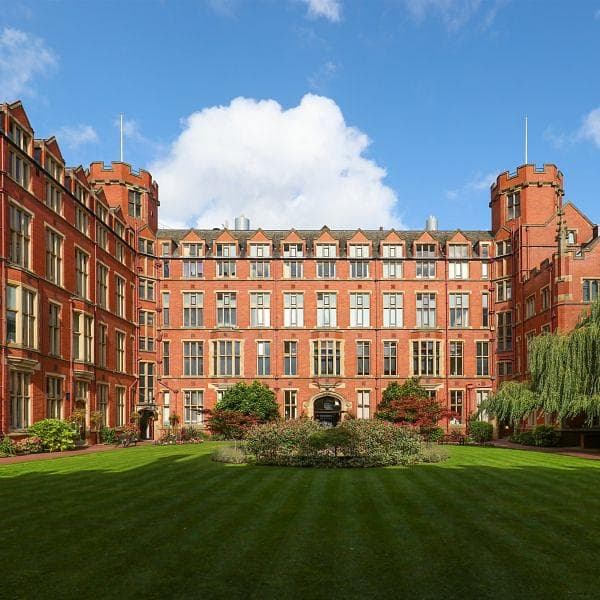First year
For history, the first year programme is designed to help you to make the transition from studying History at school or college to studying it at degree level. Building your confidence and broadening your knowledge.
It introduces you to core academic skills and provides a solid grounding in historical study and research, giving you the foundations you'll need to deepen your understanding of historical events and processes throughout your degree and setting you off on the path to becoming an independent historian.
Our first year history option modules introduce you to our main areas of teaching and research and give you insight into what you can study in the coming years, so that you can better shape your degree to your individual interests.
You will take one core module and have 40 credits available to use on option modules.
For sociology, core and optional modules are listed below.
History core module:
Second year
For history, the second year programme builds on what you’ve learnt so far and introduces you to new and exciting topics. It’s designed to help you hone your research skills and start to look outwards beyond your degree.
You'll choose from two core modules designed to enhance your independent research skills with a focus on ‘theory and practice’, reflecting on the intellectual development of our discipline and its place in the world today. You’ll learn to challenge assumptions and appreciate the bigger picture. If you choose to take the Uses of History, you'll also diversify your employability skills through group work and creating a pitch for a historical artefact such as a TV documentary, a podcast, or a journal article.
These modules will lay the groundwork for the in-depth research involved in our final year special subject and dissertation modules.
Our wide range of option modules mean you can explore key periods, themes and events in history and develop your knowledge and interests ahead of choosing a specialist topic in your final year.
You'll normally take one core module and two option modules.
For sociology, core and optional modules are listed below.
Major/Minor option
You can choose to take 60 credits in each subject or you can choose to specialise by dividing your degree so that one third (40 credits) is the minor subject and two thirds (80 credits) are the major subject. This option is available through the level 2 module choice processes, you do not need to apply in advance.
History core modules:
20 credits each. Dual students will choose one of two core modules.
- Historians and History
- The Uses of History
Third year
For history, the final year is designed to support you to become an expert in your chosen area and hone how you present your findings.
All students have the opportunity to take a Special Subject and a dissertation, as we think that they are important staples of a history degree. These modules are where you can focus on one of the areas of history that you're most passionate about and have the opportunity to become an expert in your chosen topic. You’ll use the academic skills and historical knowledge you’ve gained in years one and two to undertake focussed primary source research supported by one of our internationally renowned tutors.
Our thematic modules give you the opportunity to enhance your ability to look at history from different perspectives: you'll engage with the study of change over time and consider the comparative dimensions of a topic across time and space.
While our presentation module offers you the chance to further develop your employability skills by creating a digital artefact, such as a video presentation, podcast, virtual exhibition or dynamic poster, designed to communicate your research to a non-specialist audience.
You will normally take 60 credits in history.
